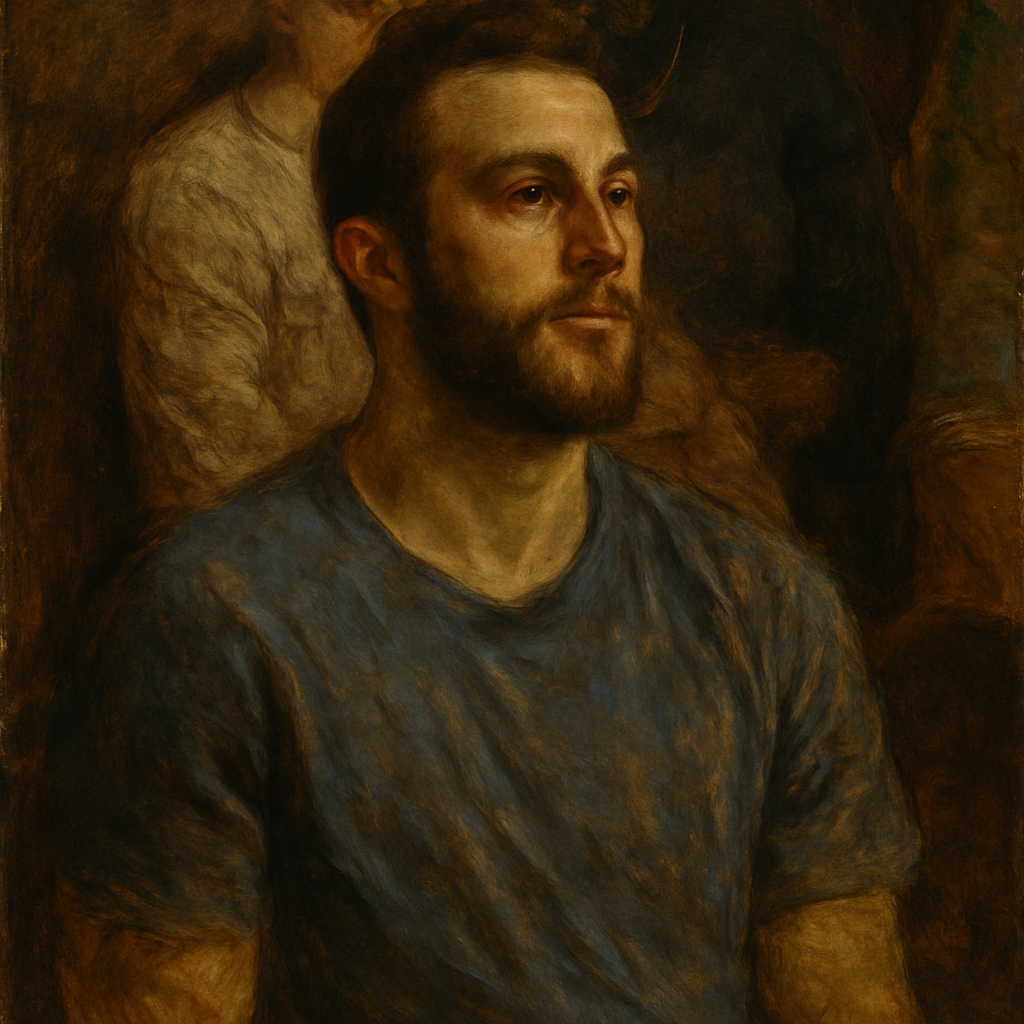METZ, France — The ATP Moselle Open in Metz, France, was the scene of a deeply unsettling and emotional incident on Wednesday as French favorite Hugo Gaston suffered a dramatic breakdown on court, leading to the suspension of his first-round match against Alexander Bublik and both players being escorted from the arena by tournament officials.
The distressing episode unfolded during the second set, with the world No. 4 Bublik leading 6-4, 4-1. Gaston, the 23-year-old home hope, appeared increasingly frustrated, and after a series of errors, he was seen visibly sobbing, his body shaking as he leaned over the net, unable to continue. Chair umpire Greg Allensworth immediately called for the tournament supervisor, followed by the on-site sports psychologist.
For nearly ten minutes, a hushed and concerned crowd at the Arènes de Metz watched as officials and the psychologist attempted to console the distraught Frenchman. The situation was deemed untenable for competition, and the decision was made to officially suspend the match. Both Gaston and a concerned Bublik were then led off the court to a private area.
A Pattern of On-Court Struggles
This incident is not an isolated one for Gaston, who has previously faced fines and scrutiny for his conduct during matches. Most notably, he was fined for unsportsmanlike conduct after dropping a ball from his pocket during a point at the Madrid Open earlier this year. This history adds a layer of complexity to the current situation, pointing to an ongoing battle with the immense pressures of professional tennis.
A statement released by the ATP Tour and tournament organizers confirmed the suspension, citing player welfare as the paramount concern: "The match between Alexander Bublik and Hugo Gaston has been suspended due to a medical incident involving Mr. Gaston. The well-being of our players is our absolute priority. Both players have left the court and are receiving support from our medical and psychological teams."
Reactions from the Tennis World
The tennis community reacted with an outpouring of support and concern on social media. Fellow players and commentators emphasized the need for compassion, highlighting the intense psychological strain athletes face. Bublik himself later expressed his concern for his opponent, telling reporters, "It's never easy to see a colleague, especially at home, in such a state. Tennis is a tough sport mentally. I just hope Hugo is okay."
The incident has reignited a crucial conversation about mental health in professional sports. While physical injuries are treated with immediate and visible protocols, psychological distress can be harder to diagnose and address in a public, high-stakes environment like a professional tennis tournament.
The response from the officials in Metz has been widely praised for its sensitivity and promptness. Key actions taken included:
- Immediate intervention by the chair umpire to halt play.
- Rapid deployment of the tournament supervisor and sports psychologist.
- Prioritizing the player's privacy and dignity over the match's continuation.
- Ensuring both players received support.
The Broader Context of Player Pressure
Gaston, a former boyhood member of the Metz tennis club, was under significant pressure to perform in front of his local supporters. This "home-court advantage" can often become a double-edged sword, amplifying expectations and the fear of disappointment. The cumulative pressure of a difficult season, combined with the weight of local expectation, appears to have been a critical factor.
This event echoes other high-profile moments where athletes have publicly struggled with their mental health. From Naomi Osaka's withdrawal from the French Open to Simone Biles' step back at the Tokyo Olympics, the narrative is shifting. The old stigma of "mental toughness" is being replaced by a more nuanced understanding of athlete well-being. As one sports psychologist noted anonymously, "What we saw in Metz was not a tantrum; it was a human being reaching a breaking point in a very public arena."
What Happens Next for the Match?
As of now, the match remains officially suspended, not retired. This leaves open the possibility of Gaston returning to complete the match at a later time if he is deemed medically and psychologically fit to do so by tournament doctors. Should he be unable to continue, Bublik would advance to the next round via a walkover. The tournament has not yet announced a decision on if or when the match will be resumed.
A Call for Continued Support Systems
The ATP Tour, like the WTA, has made strides in recent years to bolster its mental health support, including a dedicated player support program and access to psychologists. The presence of a sports psychologist on-site in Metz was a critical resource. However, incidents like this underscore that the system, while improving, must remain vigilant and adaptable to the unique pressures each player faces.
The ultimate outcome of the match in Metz is now a secondary concern. The primary focus for the tennis world is on the recovery and well-being of Hugo Gaston. His public struggle serves as a stark reminder that behind the athletic prowess and competitive fire, professional athletes are human beings navigating immense pressure, and their psychological health is as vital as their physical fitness.
In a final statement, the tournament director reiterated this sentiment: "Our entire team's thoughts are with Hugo Gaston. We are providing him and his team with all the necessary support. Some moments in sport transcend the competition, and this is one of them. Humanity must always come first."

